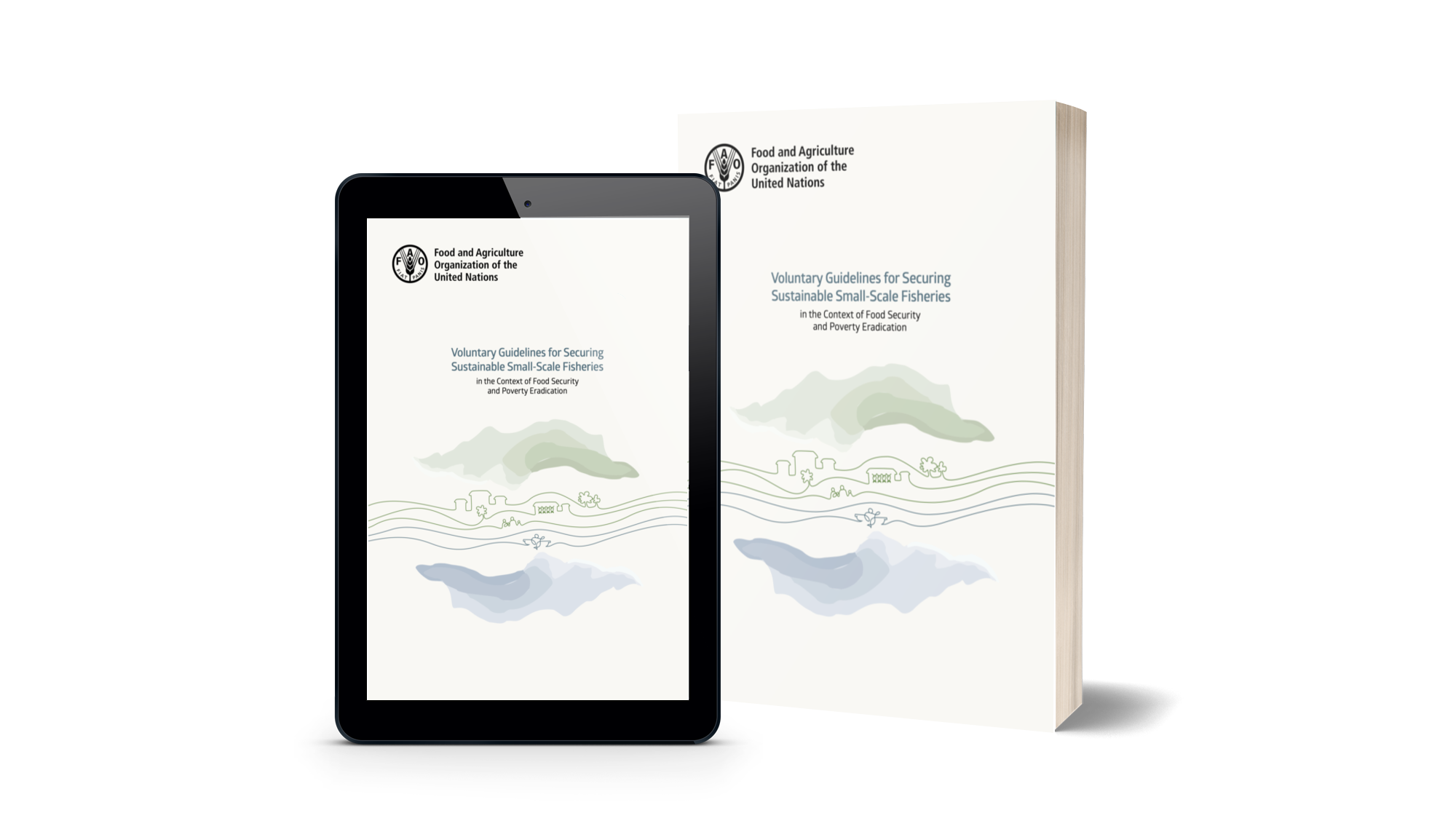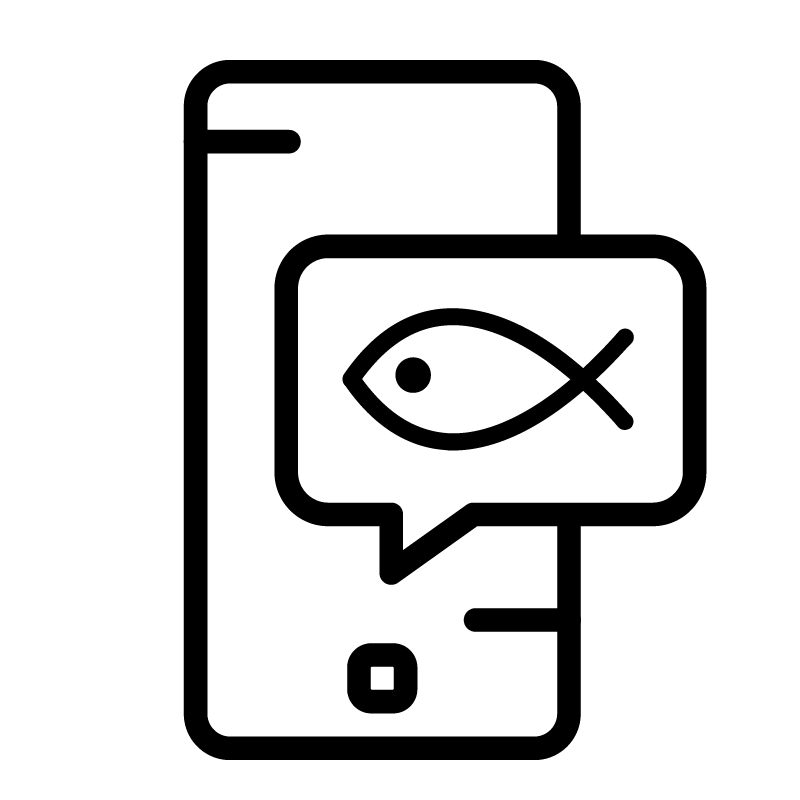Ghana
Small-scale fishing activities are deeply rooted in Ghanaian culture and serve as a key source of livelihoods and nutrition in both coastal and riparian areas of the country. It is estimated that the small-scale fisheries sector in Ghana employs over 90 percent of all marine fishers in the country. Equally significant is the contribution of inland small-scale fisheries: Lake Volta alone is estimated to provide livelihoods for about 300,000 people in riparian areas. Despite this, changes are necessary to enhance the contributions of small-scale fisheries.
Under the project titled “Implementing the Small-Scale Fisheries Guidelines for Gender-Equitable and Climate-Resilient Food Systems and Livelihoods”, a sub-programme of the FAO Flexible Voluntary Contributions fund (FVC), FAO collaborated with the Food Research Institute of Ghana to increase the average per capita consumption of aquatic products among children. This was done by promoting the inclusion of aquatic food products sourced from national small-scale fisheries value chains in school feeding programs in six different regions.
Food loss and waste are widespread issues in some small-scale fisheries value chains in Ghana. To address this, the FMM project led multiple activities in the country, including the development of a gender-sensitive methodology for assessing fish loss and waste, and the establishment of four training centers to provide training and capacity building on processing, preservation methods, and hygienic post-harvest practices.
The second phase of the “Implementing the Small-Scale Fisheries Guidelines for Gender-Equitable and Climate-Resilient Food Systems and Livelihoods” project, builds on the needs identified during phase one. It provides training and capacity building, particularly for women and youth, on improved post-harvest and related business practices. The focus is on women fish processors, but the trainings also includes other SSF actors, government officials, and relevant stakeholders.
Another challenge faced by many small-scale fisheries actors is the lack of effective participation and representation in relevant decision-making processes. To help address this, FAO supports existing small-scale fisheries women’s organizations while also facilitating the establishment of new ones in areas where representation is particularly low. Under the project titled “Creating an Enabling Environment for Securing Sustainable Small-Scale Fisheries”, funded by the Swedish International Development Cooperation Agency (Sida), FAO supported these organizations by conducting capacity assessments and provided capacity development based on the results obtained.
Related Publications
Related News

Project’s quarterly call highlights progress and lessons learned ahead of project closure
02/09/2025
The final quarterly meeting of the Implementing the Small-Scale Fisheries Guidelines for gender-equitable and climate-resilient food systems and livelihoods project was held on 2 September 2025, bringing together national project coordinators from six countries, FAO colleagues, and partners...
SDG(s):

Progress and achievements are presented during the quarterly meeting of the Implementing the Small-Scale Fisheries Guidelines for Gender-Equitable and Climate-Resilient Food Systems and Livelihoods project
16/04/2025
The meeting aimed at checkpointing on progress, as the project is about to reach its final semester. Most project logframe targets have been met or exceeded thanks to dedicated implementation teams in the various country offices and the collaboration with small-scale fisheries and government counterparts...
SDG(s):

FAO and Fisheries Commission train stakeholders on participatory management of small-scale fisheries infrastructures
15/01/2025
FAO and Fisheries Comission train stakeholders on participatory management of small-scale fisheries infrastructures. By the end of the workshop, each community group had mapped relevant stakeholders, developed the structure of their management committees, assigned roles...
SDG(s):

FAO trains small-scale fisheries processors and traders in entrepreneurship and financial literacy in Ghana
27/11/2024
From 25 to 27 November 2024, the Food and Agriculture Organization (FAO), in collaboration with Fisheries Commission and African Skill Hub foundations (ASH foundation), organized a training for 35 participants to enhance essential business skills, focusing on entrepreneurship, financial management, and record-keeping—key areas for managing processing operations...

FAO partners with Sweden to boost sustainable small-scale fisheries
02/03/2024
Rome – FAO has signed an agreement with Sweden on a project to boost small-scale fisheries. Sweden, through the Swedish International Development Cooperation Agency (Sida), will fund the project "Enhancing equitable, climate-resilient and sustainable SSF through SSF Guidelines implementation" with a contribution of SEK 70 million (USD 6.8 million)...









